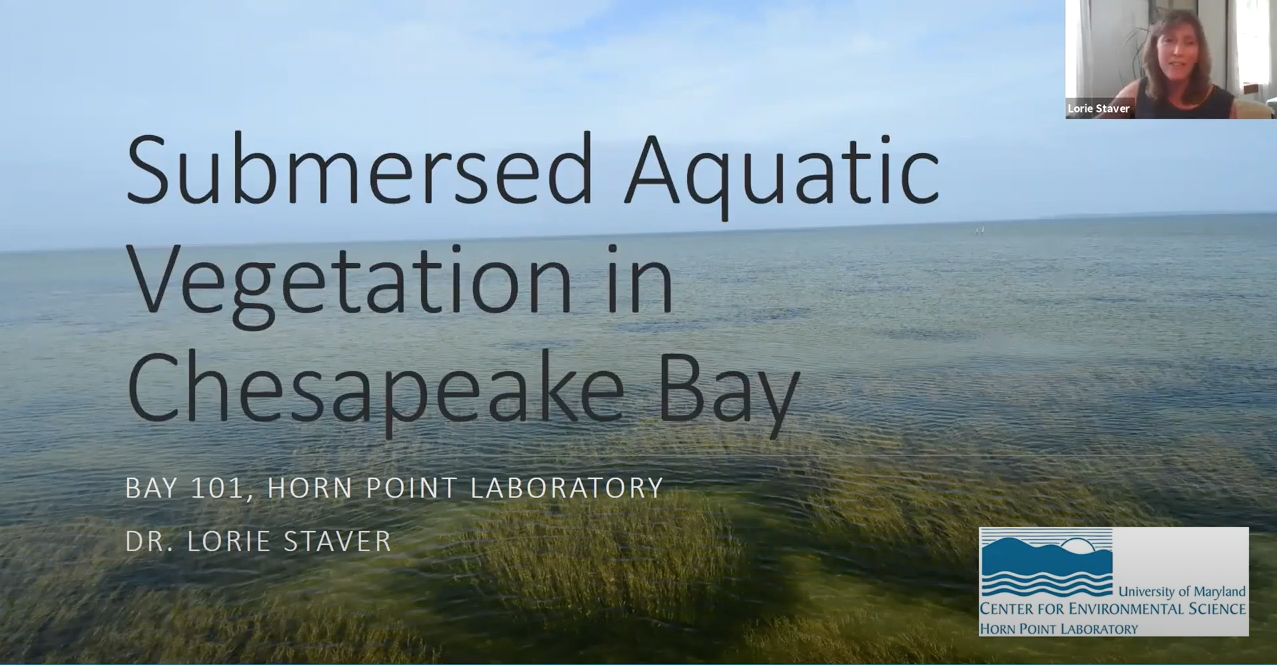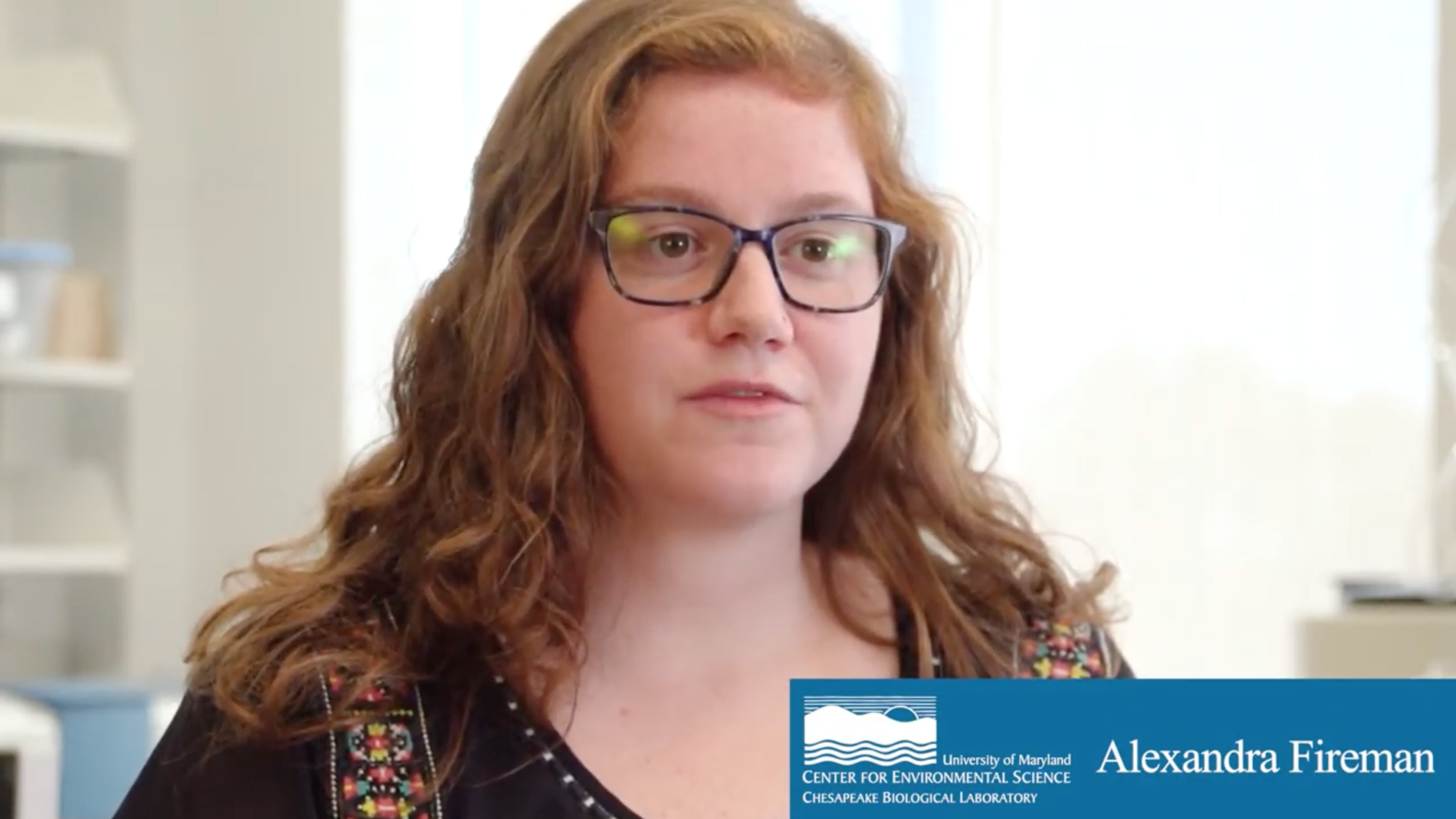MEES IN THE NEWS
NEWS ARCHIVE
The MEES Program is proud of all of our FALL 2022 graduates! For more information on each campus' commencement activities, please click on the links below.
University of Maryland Eastern Shore (UMES) - December 16 at 10:00am
University of Maryland College Park* -- Academic units will hold celebratory events to honor graduates in December 2022. Additional details regarding these celebrations will be communicated by each academic unit directly to their graduates, For MEES students matriculating at College Park, the College of Mathematical and Natural Sciences is holding a special Winter Graduation Celebration. For more information:
-- CMNS (College) Winter Graduation Celebration -- December 12, 6:00pm
University of Maryland Baltimore County (UMBC) - December 22 at 10:00am
University of Maryland, Baltimore - Please check details regarding commencement activities through each school.
— School of Nursing - December 19 at 1p.m.
University of Maryland Center for Environmental Science - Please contact campus for details regarding commencement activities.
Photo Courtesy: UMCP
December 7, 2022 - In the December issue of Maryland Today, our very own Dr. Andrew Baldwin (UMCP), a wetland ecologist, long time MEES Faculty member and Professor in the Environmental Science & Technology Department in College Park, is featured in an article entitled: “Beauty Rising From the Ash Forest in Crisis”. Dr. Baldwin participated in an exhibition called “The Ash Forest Project” by Joe’s Movement Emporium based in Mt. Rainer, MD that aims to raise awareness of the beauty and fragility of tidal ash forests—wild, inaccessible wetland ecosystems that are being destroyed by a tiny invasive beetle called the emerald ash borer. Dr. Baldwin research includes works in natural, restored, and treatment wetlands studying aspects such as disturbance and regeneration ecology of wetland vegetation, wetland seed banks, and nutrient and sediment dynamics in wetland ecosystems. Recent projects have included the study of ecosystem development in restored wetlands, the influence of sea-level rise and temperature on coastal wetlands, and emerald ash borer effects on tidal freshwater forested wetlands. Dr. Baldwin has advised & mentored many MEES graduate students, as well as published numerous articles in refereed journals or books and supported his research with $2 M in research funding. He has served as President of the Society of Wetland Scientists, an international society of about 3,000 members and as Associate Editor of the journals Wetlands and Wetland Ecology and Management. For more on Dr. Baldwin and the Ash Forest Project, click here.
CONGRATULATIONS TO OUR 2022 COLLOQUIUM AWARD WINNERS!
For the Colloquium recap, along with more info on the award winners, click here.
2022 MEES COLLOQUIUM LIGHTNING TALK WINNERS
1ST PLACE - ANNA WINDLE
Anna Windle Photo Courtesy: UMCES/HPL
Optical Classification of Water Quality in the Chesapeake Bay
ABSTRACT
Satellite remote sensing contributes to a comprehensive understanding of water quality by enabling a quantification of remote sensing reflectance (Rrs) which describes the color and brightness of water. Rrs is governed by light interactions with optically-active constituents, including phytoplankton, dissolved organic matter, and inorganic suspended sediments. This study aims to extend the knowledge of water quality trends in Chesapeake Bay through the lens of a satellite based optical classification. This statistical method identifies dominant Rrs spectra referred to as optical water types (OWTs) which were determined and mapped using 300 m multispectral satellite data. In situ water quality data were paired in space and time to assess how quality parameters are constrained within a given OWT. Results are expected to aid in the interpretation of water quality trends, assist in remote sending algorithm selection, and potentially delineate regions not meeting management goals.
2nd Place - Miranda Judd
Oxygen Production and Consumption in Dinoflagellates
3rd Place - Katherine Stahl
Investigating Vegetation Dieback in ditched Coastla Marshes and Restoration Potential
2022 MEES COLLOQUIUM POSTER WINNERS
1ST PLACE - ANNA HILDEBRAND
Anna Hildebrand
Anaerobic Oxidation of Methane (AOM) as a mechanism for the production of dissolved organic carbon: From Estuaries to seeps
ABSTRACT
Marine DOC is one of the largest reactive carbon (C) reservoirs (662 Gt C) on Earth (Hansell & Carlson, 2002) and plays an important role in the oceans to modulate CO2. While our understanding of DOC has greatly improved through discoveries such as the microbial carbon pump (Jiao, et al., 2010), our knowledge regarding sources of DOC is limited (Burdige & Komada, 2015). This project will test the hypothesis that methane-derived carbon is converted to dissolved organic matter during AOM coupled to sulfate reduction in anoxic marine sediments, and potentially coupled to iron reduction in estuarine sediments. Incubations with 13C-enriched methane will be conducted on sediment from the Chesapeake Bay and Southern Hydrate Ridge and the resultant CO2 and DOC pools will be measured. This work will clarify the role of seeps in contributing methane-derived, fossil-aged carbon to deep ocean DOC as well as fill in knowledge gaps in our understanding of DOC sources in the Chesapeake Bay.
2nd Place - Jens Wira
How do Gambierdiscus Swim? Investigating the Swimming Behavior of the Ciguatera Poisoning Causing Benthic Dinoflagellate
3rd Place - Pengzheng Yong
Ectopic Expression of Myomaker and Myomixer Induces Non-Fusogenic slow muscle fusion
2022 MEES Colloquium
November 18, 2022 - The 2022 MEES Colloquium was held at the Institute of Marine & Environmental Technology (IMET) co-hosted by the University of Maryland, Baltimore and the University of Maryland, Baltimore County. There were two panels (main & career) panels, as well as a poster session & student lightning talks. This Colloquium was the first in person colloquium in several years. However, almost 200 attended and the energy and excitement were palpable. In order to maximize interaction the MEES-GSO organized table assignments during the meal break which really fostered collaboration and conversation. For more information on the Colloquium, click here.
DECEMBER 2022 - WILDLIFE CONSERVATION MONTH
Monthly Spotlight: National Wildlife Conservation Month (December 2022) - Alexandra Fireman (ECOL SYS, ‘21), Maryland native, earned her Master’s degree in MEES and graduated from the MEES Program in Spring 2021. Advised by Dr. Ryan Woodland, Alexandra’s passion is not only to make science accessible to all, but also with over two years experience working with the Environmental Awareness Group, a non profit group in Antigua, in promoting conservation awareness, and in conservation & outreach efforts educating & including local Antiguan students in conservation. Alexandra’s thesis is entitled: “On the Shell of the Turtle: Identifying the Isotopic niche of Hawksbill Sea Turtles in Antigua, West Indies”. Check out Alexandra’s January 2021 presentation at the University of Maryland Center for Environmental Science on Studying the Diets of Hawksbill Sea Turtles which are a critically endangered species. Alexandra examines the chemistry of turtle tissue samples to learn about where and what they eat in an effort to help conservation efforts for both Hawksbill sea turtles and the habitats they rely on. Alexandra is currently working as a Lab Manager in the Archie Carr Center for Sea Turtle Research in the Department of Biology at the University of Florida. For more information, click here.
Faculty Focus: Dr. Lori Staver is a plant ecologist, and Associate Research Professor at the University of Maryland Center for Environmental Science’s Horn Point Laboratory. Dr. Staver’s research includes a special interest in restoration of subtidal and intertidal plant communities. A long time MEES Faculty member, Dr. Staver is also one of our own distinguished alumni, earning both her Master’s (1986) and Ph.D. (2015) in MEES at the University of Maryland Center for Environmental Science; and has advised and mentored many MEES graduate students over the years. Check out Dr. Staver’s Bay101: Chesapeake Bay underwater grasses. Underwater grasses are an important component of the Chesapeake Bay ecosystem and an indicator of Bay health. For more information on Dr. Staver, please click here.
MEES Research Corner: Juliet Nagel (ENVSC, ‘22) will graduate with her Ph.D this Fall 2022. Prior to entering the program, Juliet had already co-authored published papers and reports, as well as presented at numerous national scientific conventions including the North American Society for Bat Research (NASBR) Symposium in Albany, NY (2005, 2008, 2014 & 2018). Juliet graduated summa cum laude with a B.S. in Biology & Wildlife Management and Ecology from the University of Wisconsin-Stevens Point (2003) and earned her Master’s in Zoology with a perfect 4.0 GPA from the University of Western Ontario (2006). Advised by Dr. David Nelson, Juliet has earned an award for almost every year she’s been in the program: the prestigious CMNS Dean’s Fellowship (2016), and the College Park Graduate School’s Dean’s Fellowship (2019, 2020) as well as the CRSSA Grant in 2022. Juliet’s dissertation research focused on the vitality and health of bats, which provide healthy ecosystems with forest and crop pest control. Her dissertation is entitled: “Informing Conservation of threatened bat species using genomics & acoustics”. For more on Juliet as well as her most recent publication on an emerging fungal disease threatening several species of North American bat, click here.






